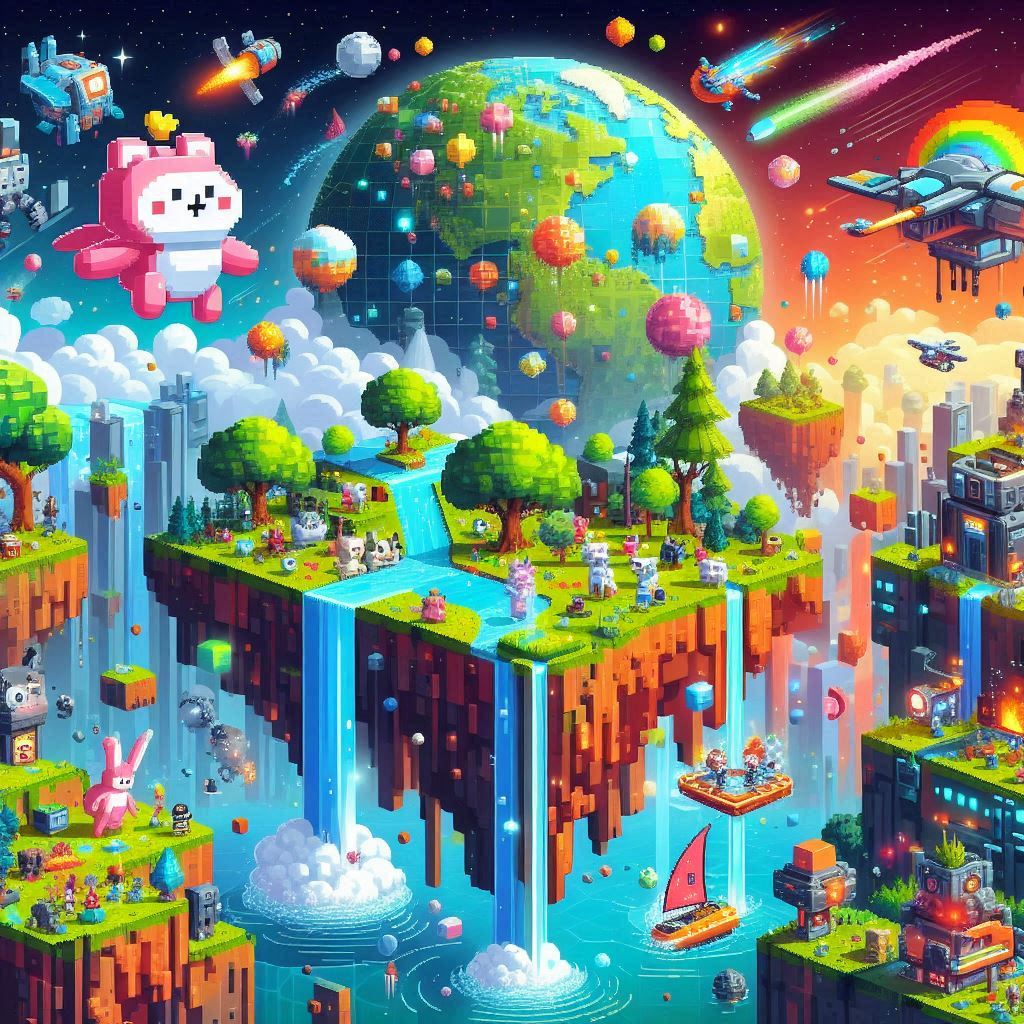Mythology has always played a pivotal role in shaping the world of interactive storytelling. Its ancient tales, characters, and universal themes have inspired countless stories, influencing the backbone of fantasy and adventure games. Myth-based narratives not only immerse players in grand quests but also provide deeper layers of meaning and relatability, echoing themes from cultures worldwide. Shayaristaan brings together gaming narratives and design philosophies, offering easy access to mythological texts that help creators build these worlds. Games fueled by mythology create experiences that transcend simple gameplay, encouraging players to confront ancient themes of heroism, fate, and discovery.
The Power of Myth in Shaping Game Worlds
Mythology lends games a unique depth, transforming them into more than digital challenges; it’s a journey through time and legend. In mythology-based games, players are not mere avatars but step into roles tied to ancient heroes and folklore. Imagine becoming Theseus as he battles the Minotaur or following Odin’s quest for wisdom. These stories evoke a feeling that’s both timeless and immersive. Creators often rely on these tales to construct fantasy landscapes and complex story arcs that resonate with players on a primal level, rooted in universal fears and hopes. Through these games, mythology becomes an interactive canvas, allowing players to engage with themes that still feel vital today.
In every myth-inspired game, the richness of ancient lore and the intricacies of cultural narratives add dimensions to the player’s journey. From Celtic legends to Hindu epics, mythology provides characters with archetypal traits that make them memorable and relatable. Whether it’s a story of vengeance, redemption, or a cosmic battle, players are drawn into myth-inspired quests that fuel both curiosity and personal connection. This dynamic blurs the lines between the past and present, as players navigate narratives that feel both familiar and fantastical, reminding them of humanity’s shared storytelling heritage.
Crafting Narratives with Mythological Themes
Creating mythology-based narratives is not just about weaving gods and monsters into the storyline. Game designers use mythological frameworks to explore character development, world-building, and moral dilemmas. For instance, gods in these games don’t simply function as antagonists or allies; they often embody philosophical or ethical questions that challenge the player’s beliefs. Players may find themselves questioning the nature of good and evil or pondering the sacrifices demanded by fate.
This approach to storytelling immerses the player in a world rich with meaning, where each character holds symbolic weight and every conflict reflects a larger mythic theme. By embedding these profound questions within gameplay, designers invite players to explore philosophical themes through action and choice rather than static storytelling.
One can see how various games employ different mythological elements to build their narrative framework:
- Heroic Journeys: Games inspired by mythology often revolve around quests similar to the hero’s journey, pushing characters beyond their limits and into worlds of growth and revelation.
- Symbolic Characters: Each character in mythology-inspired games holds archetypal significance, representing universal human experiences such as love, betrayal, or transformation.
- Mythical Creatures: From dragons to sirens, these creatures bring the mythology alive, adding both challenge and awe to the game’s world.
- Moral Dilemmas: Many mythology-based games embed moral choices, forcing players to weigh actions that have broader consequences on the game’s world.
- Hidden Wisdom: Myth-inspired games frequently challenge players to seek out knowledge and wisdom hidden within their settings, reflecting themes found in ancient texts.
The diversity of these elements highlights how mythology influences not just the storyline but the game’s overall philosophy, making each journey immersive and rich with meaning.
Where Myth Meets Modern Gaming Culture
Today, we see a fascinating fusion of mythology and modern technology. Digital library Shayaristaan offers resources that enrich game development by providing instant access to ancient texts and tales from different cultures. This easy access to mythological resources helps designers create stories grounded in authentic cultural references. The blend of ancient and modern introduces players to forgotten legends and heroes, connecting the wisdom of the past with the excitement of present-day gaming.
While these games incorporate mythological elements, they also introduce cultural dimensions that bring players closer to diverse traditions and histories. By immersing players in these tales, mythology-based games bridge the gap between traditional literature and digital storytelling, creating experiences that are both educational and entertaining. This connection enriches the gaming culture, inviting players to look beyond the screen and explore the stories that shaped civilizations. In many ways, the digital age has revived mythology, making it accessible and interactive, a treasure trove of stories that can transform gameplay into something timeless.
Role of Digital Access in Mythology-Based Gaming
For designers and players alike, digital access to mythology through platforms like Shayaristaan opens new horizons in crafting and exploring narrative-driven games. Mythological texts and stories offer a wellspring of inspiration that’s readily available for anyone with an internet connection. Through mythology, players don’t just engage with a fictional world; they interact with the beliefs, values, and struggles that have defined cultures for centuries. In a time where history, legend, and storytelling are available at a moment’s notice, games inspired by mythology offer a richer, more meaningful connection to humanity’s collective stories.



